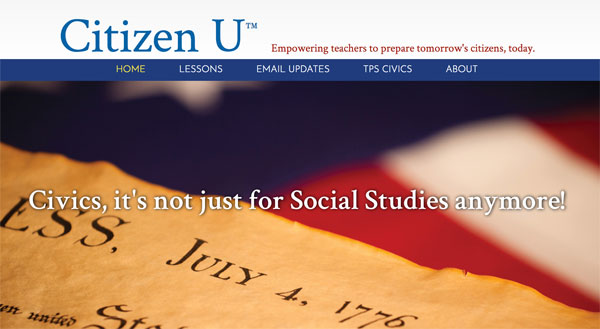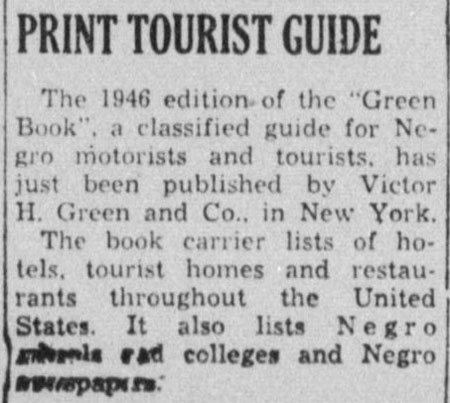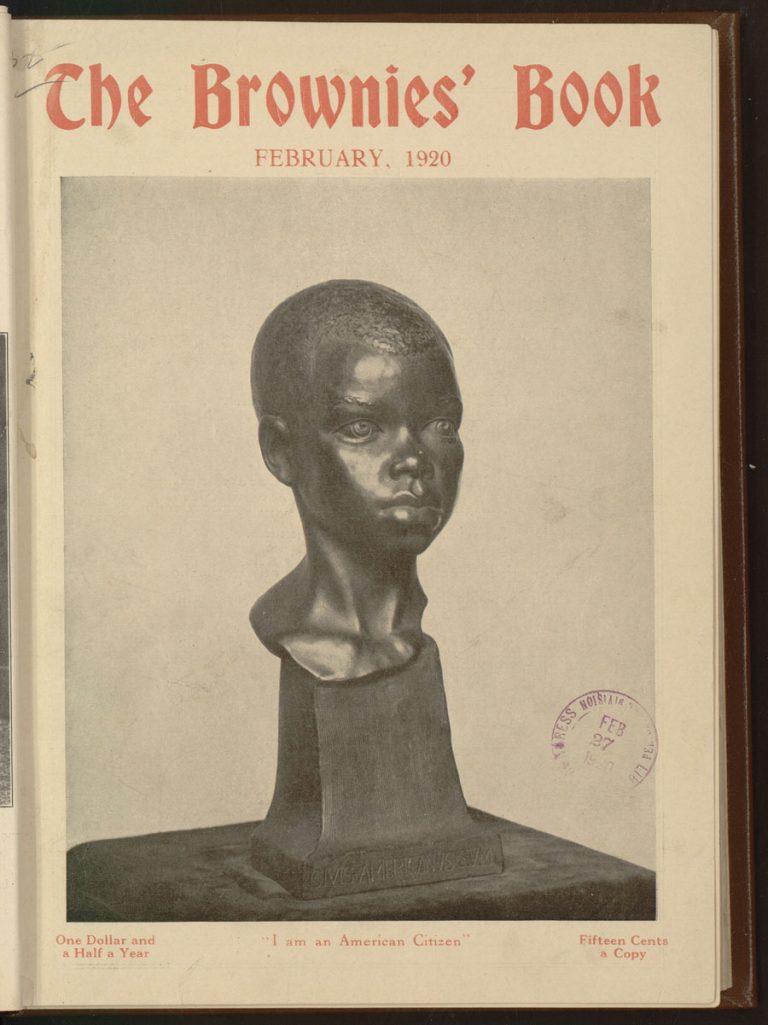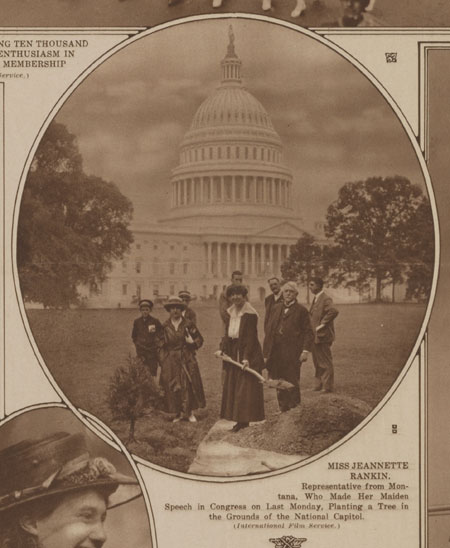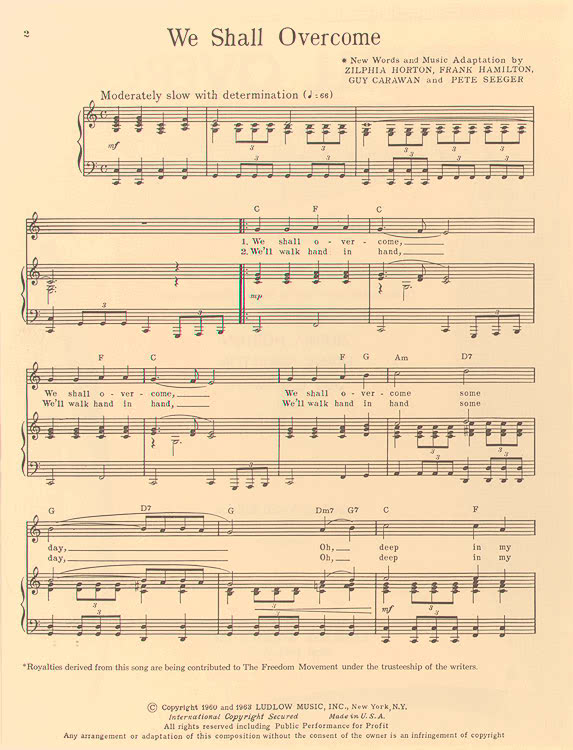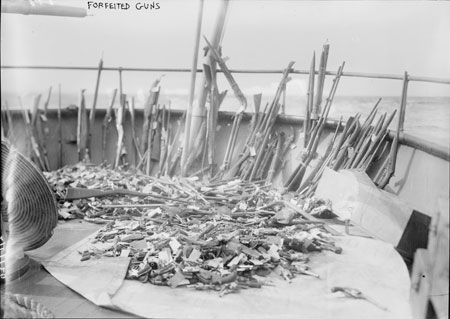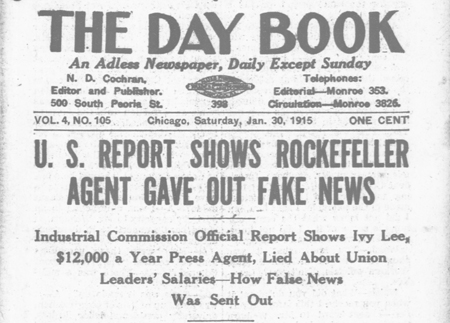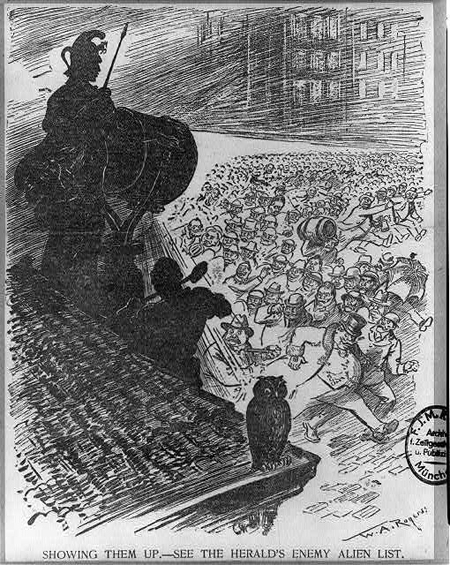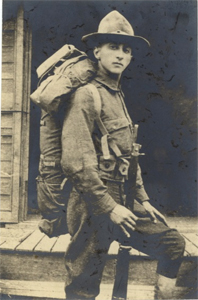Citizen U: Multidisciplinary Civics Lessons
Citizen U integrates inquiry-based civics across core curriculum disciplines—English-language arts, math, science, and social studies—in elementary, middle school, and high school grades. Created through a grant awarded by the Library of Congress Teaching with Primary Sources TPS program, Citizen U is a collaboration of the Barat Education Foundation, the Constitutional Rights Foundation, and DePaul University’s Office of Innovative Professional Learning. Get the Lessons! Download…
